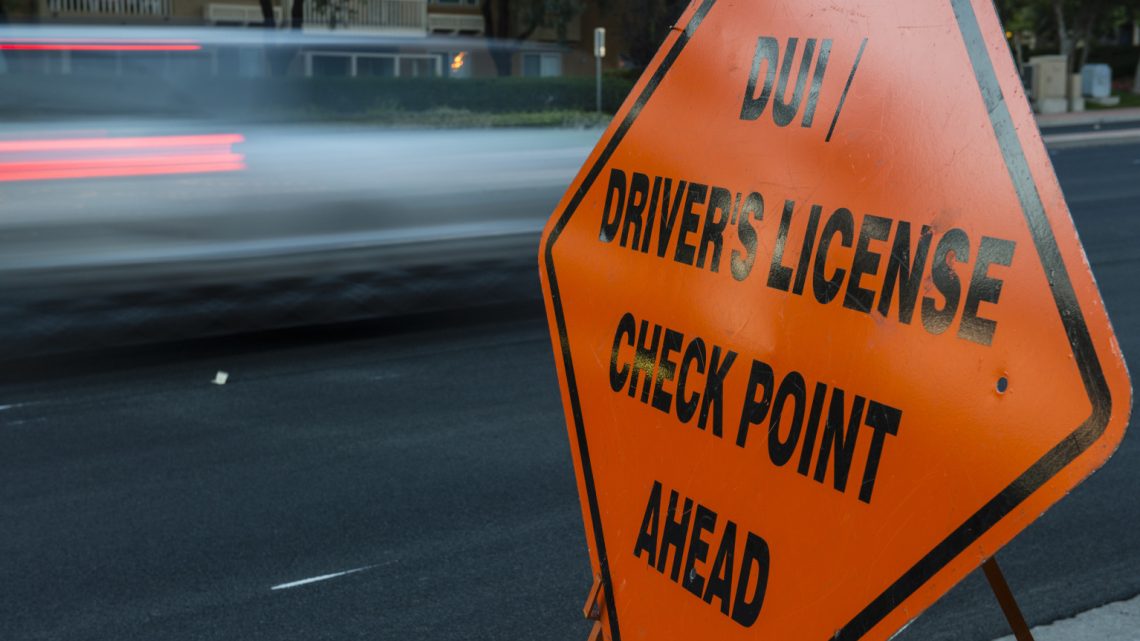Driving under the influence (DUI) is a serious offense with far-reaching consequences, impacting individuals and communities alike. According to The Law Office of Elaine E. Lukic, a Colorado DUI conviction can lead to fines of up to $10,000. However, recent research conducted in Washington State sheds light on a concerning aspect of DUI enforcement – its disproportionate impact on racial and ethnic minorities. This article delves into the findings of the study, highlighting key insights and discussing the implications of the observed disparities in post-treatment DUI arrests among individuals receiving outpatient treatment for alcohol use disorder.
Understanding the Study
The study, conducted in Washington State in 2012, focused on adults entering publicly funded outpatient treatment for AUD. Researchers linked treatment data with criminal justice and U.S. Census data to explore whether racial/ethnic disparities existed in post-treatment DUI arrests. The sample included individuals from diverse backgrounds, including non-Latino Whites, non-Latino Blacks, Latinos, and non-Latino American Indians.
Key Findings
The study revealed that Latino clients, in particular, faced higher hazards of post-treatment DUI arrests. This disparity raises questions about the factors contributing to the increased likelihood of DUI incidents among individuals of Latino descent after undergoing outpatient treatment for AUD. Community-level factors played a significant role in post-treatment DUI disparities. Clients residing in communities with a higher proportion of Black residents also experienced higher hazards of DUI arrests. This suggests a complex interplay between individual circumstances, community dynamics, and law enforcement practices.
The study considered prior criminal justice involvement as a predictor of future DUI arrests. Individuals with a history of arrests or incarceration in the year before treatment admission were more likely to face DUI charges post-treatment. This underscores the need for a nuanced understanding of how prior experiences with the criminal justice system influence future legal outcomes.
Implications and Considerations
The findings highlight persistent racial disparities in post-treatment outcomes, adding to existing research that has documented inequities in treatment completion rates and post-treatment employment outcomes. Recognizing and addressing these disparities is crucial for fostering an equitable and just treatment system. Community characteristics, such as economic disadvantage and racial composition, were associated with variations in post-treatment DUI arrests. This emphasizes the importance of considering broader contextual factors when examining the impact of DUI legislation on different racial and ethnic groups.
The study prompts a deeper exploration of the intersectionality of factors contributing to post-treatment DUI arrests. It suggests that addressing these disparities requires a comprehensive understanding of how individual characteristics, community dynamics, and law enforcement practices intersect to shape outcomes.
Policymakers and law enforcement agencies should critically examine the observed disparities and work towards implementing policies that reduce racial and ethnic inequalities in DUI enforcement. This may involve targeted interventions, cultural competency training for law enforcement, and community-based initiatives.
Conclusion
The study from Washington State underscores the need for a nuanced and comprehensive approach to understanding the impact of DUI enforcement on different racial and ethnic groups. By recognizing the disparities in DUI arrests and considering the complex interplay of individual and community-level factors, we can move towards a more equitable and just system. Addressing these disparities requires collaboration between policymakers, law enforcement agencies, and the communities affected, with a shared commitment to fostering fairness, understanding, and inclusivity in the pursuit of public safety.



No Comment